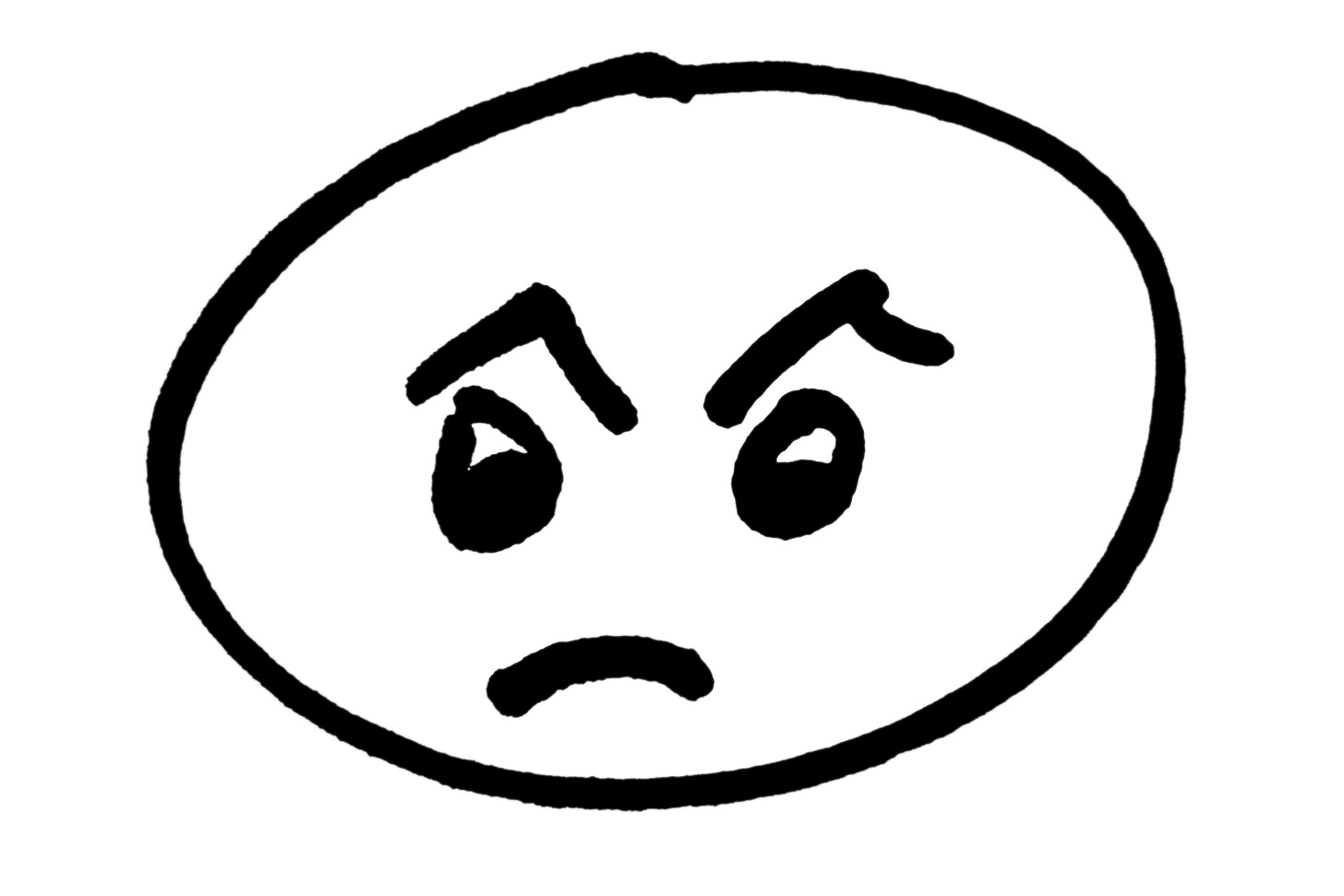Dear Pops,
As I near 40-years-old (ouch…it hurts to write that), I see I’ve got anger issues. And my son, he’s seen it in me, too. (And he inherited it.) I'm not proud of my influence in this area, especially at times when I’ve wanted to cut off that driver in the next lane.
But there is a part of me that wonders if anger gets too bad of a rap. Maybe I shouldn’t be so quick to beat myself up over it—it could be an essential part of being a man.
Because for me, anger has become a great motivator. My anger at my financial situation drove me to leave teaching to become a realtor. My anger at the government's lack of support for poor students drove me to create a nonprofit to help those students. My anger at my personal weaknesses makes me want to change them.
Do you think I have a point? I know you’ve confessed your anger to me many times and warned me about it my whole life, but what do you think?
Jess
Dear Jess,
I think you make a good point. An emotion as primal as anger is sure to have its place in life. To broad stroke it as always bad seems shallow to me.
I see anger like fire. Inside the fireplace or inside a piston, it’s life-giving and energy-creating. But in a dry forest, it can be a destructive wildfire.
So, for you, a man who has plenty of it, it’s all a question of context and place and degree. Anger is tricky business; it deserves our respect and our deference and our attention.
Your example to your son is also important. I’m sure you remember the time when I was driving you to school, and that teen nicked us with her car and sped off toward the school parking lot. I laid on the horn and tailed her through that parking lot two or three times, honking the whole time. Was it okay to tail someone who had just nicked my car? Sure, you could make a case for that. But in my anger, I freaked her out with the loud horn and tailed her too closely for too long. Another kid could have easily stepped out and been hurt by my little fit of rage.
In this case, I let anger outside the fireplace. This is not what you want to do or what you want your kid to see you do.
But your son also sees your passion and the zeal which boils within you. He sees you trying to make a difference in this life. He sees you get mad at yourself and change. And he sees you paying attention to your anger and trying to keep it where it belongs.
I happen to believe the tendency to lose your cool is largely genetic. My anger is visceral to me, it feels primal, so deep within me that I know it’s a part of my wiring. Which means that I’ve got to be extra careful and do my “counting to ten” and take my “deep breaths” and “create a distraction” for myself or “pace the room”—all to make sure that my anger doesn’t land me in some serious trouble. I have developed half a dozen “games” to play in my head to make sure I don’t do something stupid.
I think the fact that you see both sides of anger is good. I think to have been humbled by it in your late thirties is good. To have seen its negative affect on your son is good. These things will humble you; they will help you respect anger for the powerful force that it is.
So, my suggestion to you: harness it; use it as fuel; handle it with tongs; stoke it when your motivation is flagging; fan it when you need energy, and douse it when it gets too hot.
Without fire we wouldn’t be the species we are.
Without anger we wouldn’t be the species we are.







